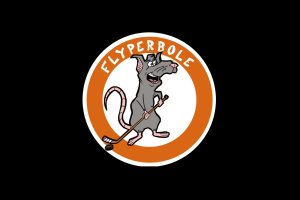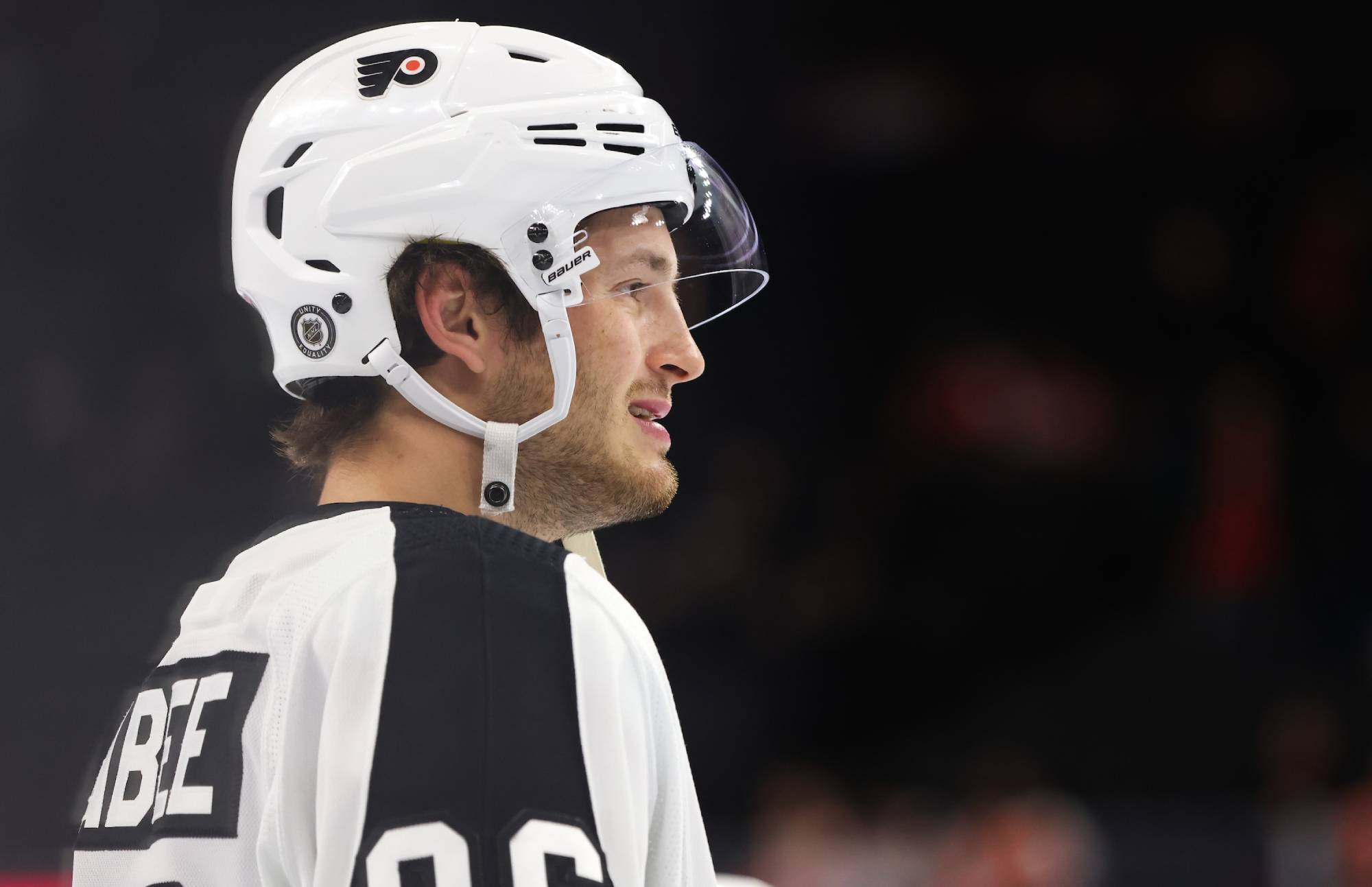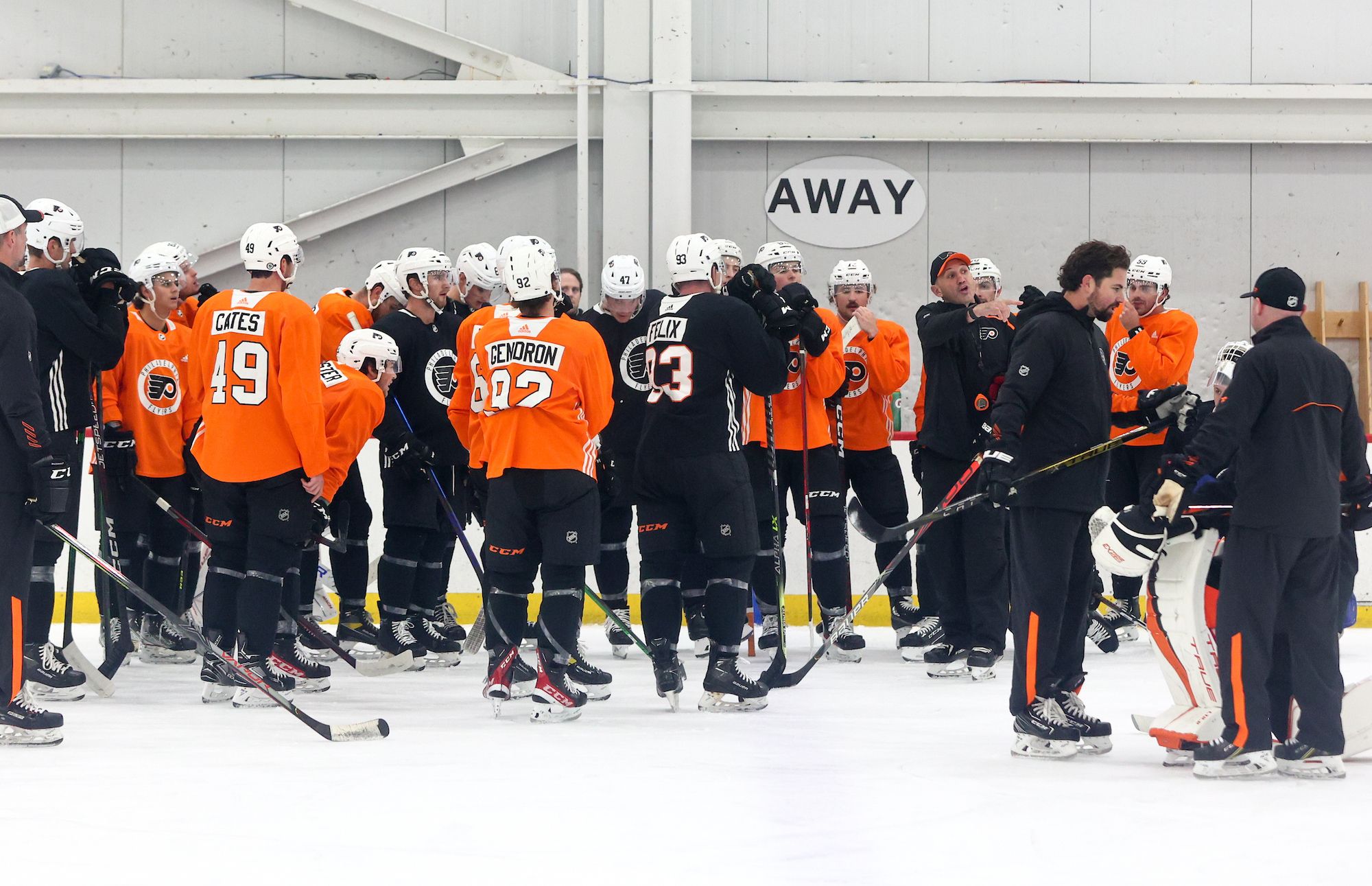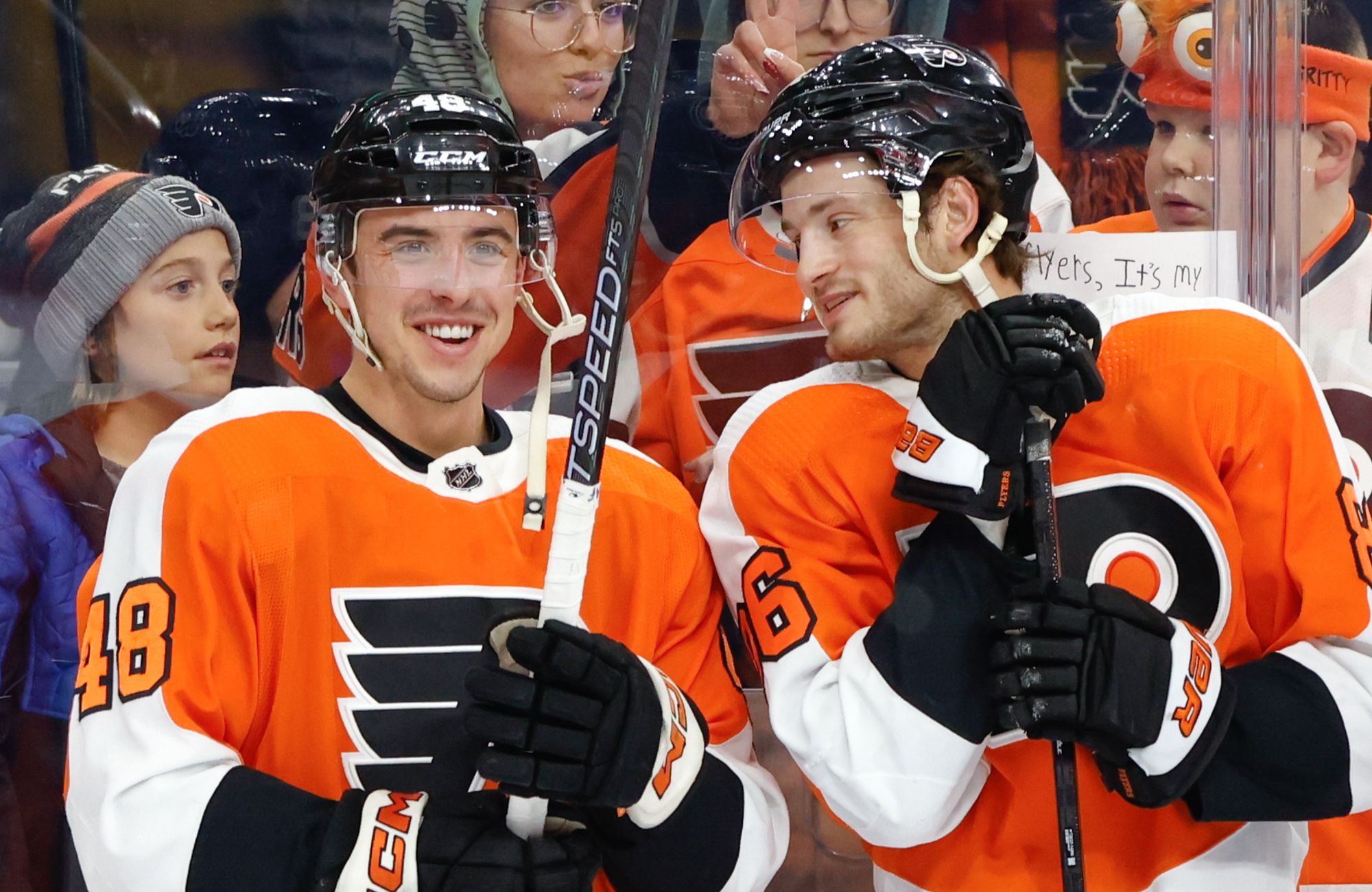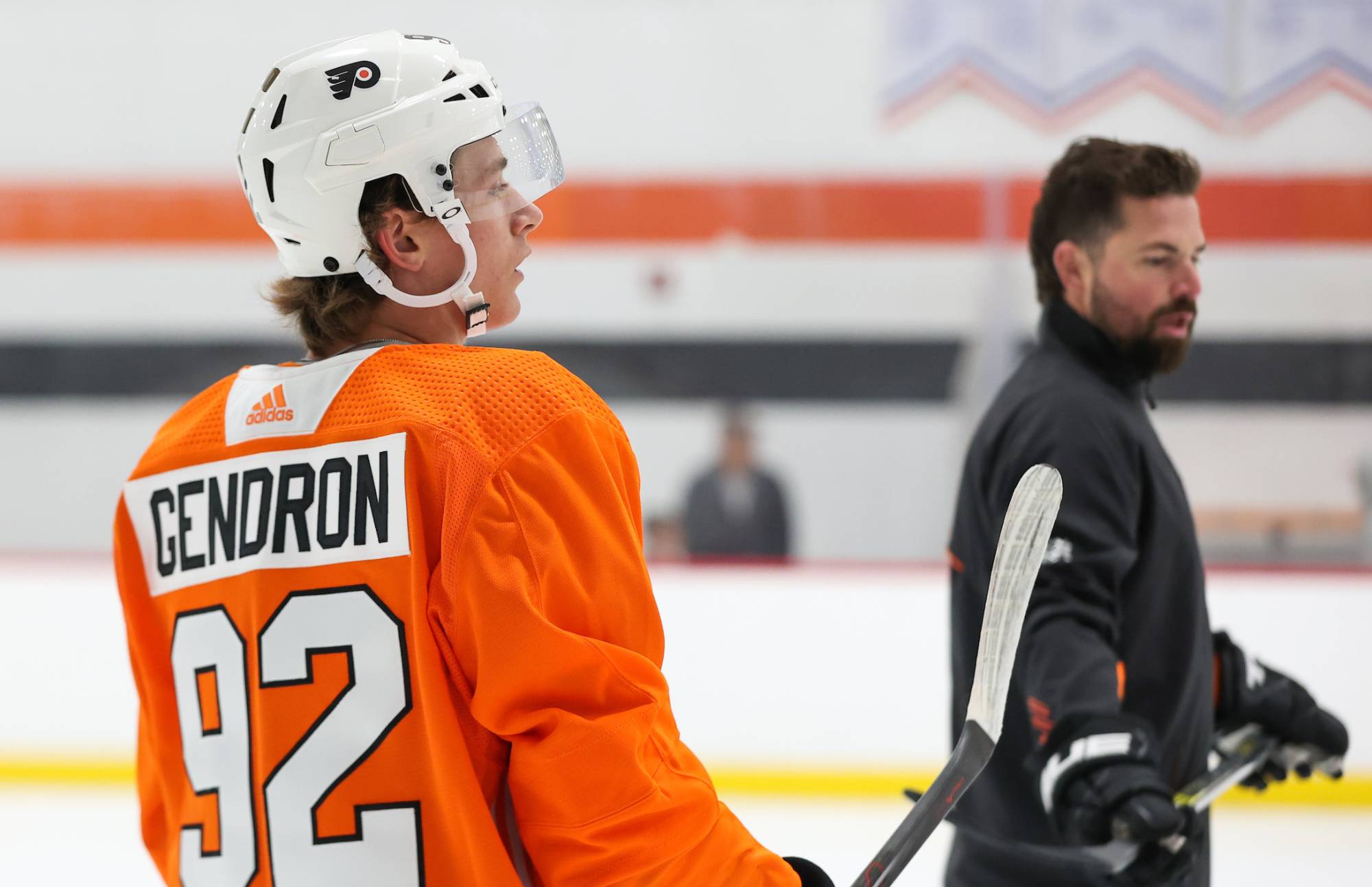When people argue in favor of hockey’s return to ESPN, the most potent argument they make is the exposure that such a move would bring. After years of toiling away on Versus, that channel that everybody in America thinks they might maybe have somewhere in the depths of their television, a move back to the self-proclaimed Worldwide Leader would mean a return to the front of the consciousness of the average American sports fan.
And in a lot of ways, that argument is true. The harsh truth of the status quo in the U.S. sports television world is that if ESPN doesn’t care about you, you basically don’t matter, and if ESPN isn’t invested in you, they don’t care about you.
After yesterday’s announcement that NBC Sports Group (that’s NBC and the soon-to-be rebranded Versus) will hold the NHL’s American TV rights for the next decade at a reported $2 billion price tag, it’s clear that ESPN won’t be invested in hockey until 2021, at the earliest.
That doesn’t mean the status quo will hold for 10 years, though. There are several reasons to love the NHL’s new deal with NBC, and there’s plenty of reason to be a proud hockey fan the day after our game shunned the so-called industry leader.
The gigantic footprint of NBC Universal/Comcast. Perhaps the biggest reason to love this deal is the promotional platform that the NHL now has at its disposal. The recent purchase of NBC Universal by Comcast (a Philadelphia company, of course) brought Versus and NBC under the same ownership, but more importantly, it’s widened the footprint of both parent companies.
Let’s go back to that ESPN example. Sure, there’s ESPN, ESPN2, ABC and that whole family of networks there, but NBC Sports chairman Dick Ebersol promised on Monday’s conference call that hockey will be promoted prominently across the NBC/Comcast family of networks. I’ve already seen this in the days since the Comcast acquisition. You see Versus ads all over USA and MSNBC these days, and that looks to continue.
Just how large is that family of networks? Take a deep breath. NBC, Telemundo, Universal Sports, A&E, Bravo, CNBC, MSNBC, Oxygen, Syfy, USA, The Weather Channel, E!, G4, Golf Channel, Style Network, Versus and 11 local sports networks (including CSN Philly). It’s just a gigantic freakin’ company, which is certainly good and bad in a lot of varying ways.
But in terms of the promotion of hockey and the benefit to the NHL, it’s hard to imagine the commitment would have been as strong from ESPN’s parent company, Disney. They boast a similarly impressive lineup to what Comcast/NBC has, but would they have made the same effort in promoting the NHL brand?
It’s hard to believe they would, which brings us to the next point.
More hockey on television. ESPN was interested in getting this deal, but according to Sports Business Journal, their offer was basically a slap in the face in terms of regular season coverage of the NHL.
ESPN said it had “constructive conversations” with the NHL, “offering them the opportunity for unprecedented distribution of every game of the Stanley Cup playoffs on ESPN platforms, including authentication to broadband and mobile devices.” ESPN had committed to carry one regular-season game per week.
One game a week. And it would’ve been on ESPN2. That’s a joke. There’s no wonder that, according to SBJ, the NHL didn’t even return an offer to ESPN after that point. Sure, “unprecedented distribution” of every playoff game sounds wonderful, but when they’re treating the regular season like a throwaway, is it even worth it?
NBC, meanwhile, has committed to much, much more. Versus and NBC will broadcast 100 regular season games next season, including a new national game on Black Friday. 100 regular season games is roughly three or four per week. That’s a ton of hockey on national television, and it sounds even better in the playoffs.
They’ve committed to broadcasting every single playoff game on national television. Ebersol said on Tuesday that playoff games not on Versus or NBC will be on “other major NBC Universal cable channels,” which leads me to believe a channel like USA will be broadcasting playoff hockey in the first round next year. (Of course, it could always be Telemundo or Golf Channel, I guess.)
Beginning in the second round of the playoffs, NBC and Versus will hold exclusive broadcast rights. Yes, that means we lose Jim Jackson and the CSN Philly team after the first round of the playoffs, but remember that for those of us outside of Philly, this means guaranteed availability of all playoff games. That’s big.
The deal means that every single playoff game will be available to just about everybody in the United States, and if you’re a out-of-market Flyers fan, that’s a huge deal. All in all, this new deal means a lot more hockey on television. That’s not a bad thing at all.
The NHL is the star player. The ultimate question when ultimately weighing the NBC vs. ESPN options: Is it worth it to be a secondary piece on the best team, or would you rather be the star player on a challenging team? Would you rather be Jannik Hansen on the Canucks or Claude Giroux on the Flyers? (Maybe Brad Richards on the Stars works better? Whatever, you get the idea.)
There’s no secret that NBC/Comcast is looking to turn Versus into legitimate competition for ESPN. Retaining rights to the NHL was the first step in doing just that, and Ebersol alluded to the fact that they’ll be making runs at other sports TV rights. That’s not a shocker at all. Comcast clearly has unbelievably deep pockets and if any group can create something to challenge the monster that is ESPN, it’s a duo of NBC and Comcast.
This initiative started with this deal on Monday and it continues in the next 90 days, when Ebersol says Versus will be re-branded into something likely more in line with the NBC name. With the foundation of the NHL, the 11 local sports networks (several of which hold local NHL broadcast rights), Notre Dame football, IndyCar, a ton of MMA stuff and some solid college football/basketball rights deals, they’re off to a nice start.
Most importantly, hockey is at the very core, and if this channel NBC is building really does turn into something successful, the NHL will be right at the center of it all.
On-ice impact. More hockey on TV and greater promotion of the game and the league is great, but ultimately, this is about the money factor, and since this is the largest media deal in the history of the league, there’s a lot of money coming in here. How does that impact the game on the ice?
As outlined in CBA Section 50.5.b.i, this deal could have a significant impact on the salary cap next year and beyond, which would obviously give big money teams like the Flyers the ability to spend more dollars on the roster. Of course, given that our team is owned by Comcast, there’s a whole bunch of extra money in the family now. There’s no hiding the fact that our team is one of the biggest beneficiaries here.
If you dislike Comcast or the Flyers or the NHL or NBC, this deal sucks. If you’re a fan of any of those groups, or even just one, there’s a lot to love.




